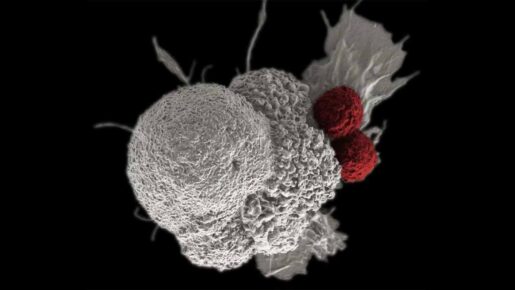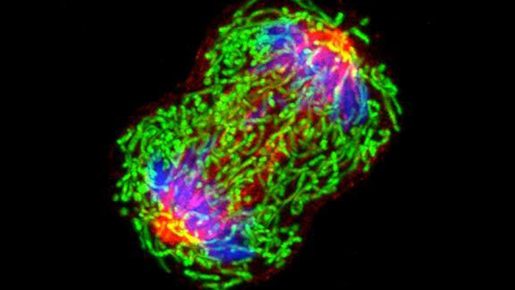According to a recent report from the World Health Organization, cancer remains a significant global health concern, claiming nearly 10 million lives and affecting almost 20 million new individuals in 2022. Here are six key insights about this pervasive disease in anticipation of World Cancer Day:

It affects both humans and various animal species, with evidence of its presence dating back to prehistoric times. With over 100 different types, each requiring distinct diagnosis and treatment approaches, approximately one in nine men and one in twelve women are expected to succumb to this disease.
In 2022, an estimated 9.74 million people died from it, while 19.96 million new cases were diagnosed. Alarmingly, the incidence of this globally has surged by over 25% between 2009 and 2019, with projections indicating a 50% increase in new cases by 2040 and a staggering 77% rise by 2050.
Lung, breast, and colon cancers are among the most prevalent forms, collectively accounting for a substantial portion of new cases and deaths. Lung cancer emerges as the deadliest, followed by colon, liver, and breast.
Europe bears a disproportionate burden of this cases, with a quarter of all new diagnoses occurring in the region, despite representing less than 10% of the world’s population. Factors contributing to this disparity include high incidence rates of common ones like prostate and female breast cancers.
Age is a significant risk factor for it, with three-quarters of new cases occurring among individuals aged over 55. While individuals under 29 account for a smaller proportion of cases, external factors such as alcohol consumption, smoking, and UV radiation exposure contribute to it development over time.
Men are disproportionately affected by this illness, constituting 56 out of every 100 cancer-related deaths. Smoking, particularly prevalent among men, significantly elevates the risk this in the lung, contributing to this gender disparity. However, women also face a substantial burden, especially at younger ages, emphasizing the importance of comprehensive cancer prevention and treatment strategies for all genders.
Conclusion

Cancer
The escalating global burden of this ailment underscores the critical need for enhanced prevention efforts, early detection initiatives, and equitable access to quality treatment and care services to mitigate the impact of this devastating disease on individuals and communities worldwide.

